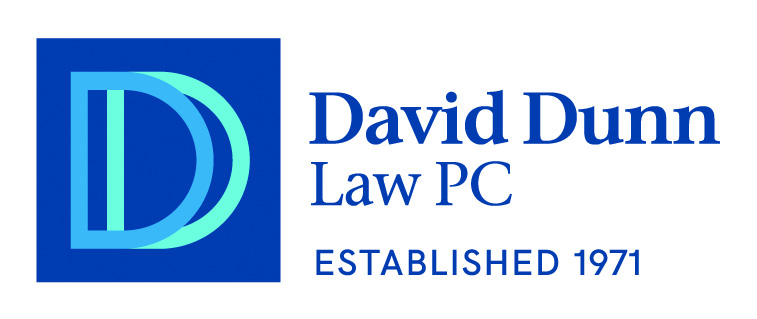PRINCIPLES OF PRACTICE: DAVID LAW OFFICES, PC
- Determine where clients came from. Clients hire an attorney based on the Three-C’s and the X-Factor:
- Compassion;
- Competence,
- Cost; and
- Experience.
- We offer all of these.
- Compassion. Demonstrate compassion for the client.
- Lawyers are not just shufflers of paper, jot just “mouthpieces.”
- A Lawyer serves the client best ..
- Who cares about the result for the client; and
- Who cares about the impact of the case upon the client.
- Clients are intuitively aware of the level of compassion.
- The level of compassion on the part of the lawyer is the NUMBER ONE reason for clients to select one lawyer over another.
- Competence. Commit to excellence.
- Never settle for your own second best effort. Never tolerate any but the best effort from your staff.
- Read, write, and learn, every day.
- Lecture to the bar to keep current yourself. Competence is the NUMBER TWO reason people hire a lawyer.
- Cost. Work in the manner of a college financial aid officer. Make the product affordable for the client.
- The client who asks “How much for this or that service?” is asking the wrong question.
- The art form is to shift the question around within 30 seconds or so on the phone or in person.
- Demonstrate your compassion.
- Convince the client that you are the competent one to hire, and
- Then quote a fee that is clearly reasonable to a prospect who has probably already shopped the price.
- Cost is the NUMBER THREE reason people hire a lawyer
- The X-Factor. The “X-Factor” in why people should hire us as attorneys is experience. Market these facts:
- That we have been admitted to the bar for 47+ years,
- and
- That our independent practice was established in 1971.
- That we have been admitted to the bar for 47+ years,
- Specialize. Limit cases taken to
- Bankruptcies
- Foreclosures
- Tax Problems
- Wills
- Business Law
- Related Litigation
- People. Treat people right.
- Treat clients like customers.
- Treat support staff like colleagues, not lackeys.
- Be civil to other attorneys, especially the ones who don’t particularly deserve it.
- Service. Build the practice by service to the bar and to the community.
- Don’t announce yourself as a lawyer for hire.
- Just ask how you can be of help.
- The law business part will take care of itself in the fullness of time.
- Boldness. In each case, insist that the client think strategically, to determine where the client wants to be at the end of the day.
- The imprecation: “Sue the bastards!” may relieve momentary client stress.
- However, require the client, up front in each case, to decide what his or her goals are for the end of the case.
- Attack. Always look for the attacking possibilities.
- Never enter a case assuming a bad result.
- Never take counsel of your fears.
- Let the fear of failure be the nemesis of the opposition.
- Technology. Modernize. Update. Stay ahead of the technology curve if possible.
- Use modern office systems.
- Retain a competitive edge, even against a larger firms, by the effective use of computer technology.
- Make friends with the Internet and Social Media
- Hire a child to teach you how to use the stuff.
- Balance. Live in balance.
- Take time to smell the flowers.
- Take time to weed the flowerbed, so there are flowers to smell.
- Make time to study.
- Work hard when you work.
- Play with a purpose when you play.
- Goals. Develop and achieve realistic goals based on these principles of practice.
- Cash Up Front. Insist on a retainer in advance.
- The client who cannot or will not invest in his or her own cause is
- The same client with whom there is a fee dispute at the end of the case.
- Execute. Develop and execute a business, marketing and strategic plan, grounded upon these principle and upon my goals.
- January 2017
David F. Dunn, © 2009, All Rights Reserved

